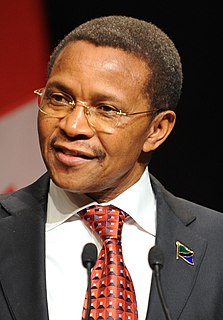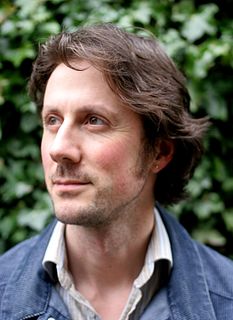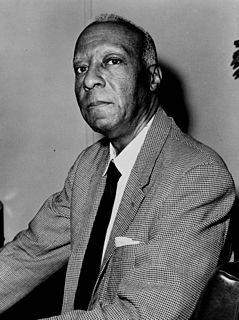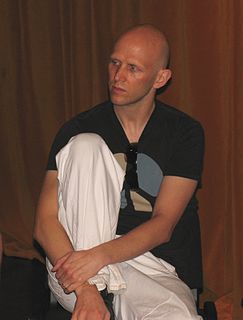A Quote by George Monbiot
For some of Britain's most powerful people, hunting and shooting are primordial rights, and any challenge to them is treated as illegitimate. They assert ownership not only of the land but also of the social relationships surrounding it.
Related Quotes
?here's no doubt at all that the Norman conquest led to the hugely concentrated land ownership patterns that we still see in Britain today. Some of Britain's biggest landowners are still direct descendants of Norman barons. And given the impact that Britain has had on the world over the past few hundred years, you could perhaps say this was a global issue. History is always with us.
For too long the development debate has ignored the fact that poverty tends to be characterized not only by material insufficiency but also by denial of rights. What is needed is a rights-based approach to development. Ensuring essential political, economic and social entitlements and human dignity for all people provides the rationale for policy. These are not a luxury affordable only to the rich and powerful but an indispensable component of national development efforts.
We hold that the ownership of private property is the right and privilege of every American citizen and is one of the foundation stones upon which this nation and its free enterprise system has been built and has prospered. We feel that private property rights and human rights are inseparable and indivisible. Only in those nations that guarantee the right of ownership of private property as basic and sacred under their law is there any recognition of human rights.
Even a superstitious man has certain inalienable rights: the right to harbor and indulge his imbecilities, provided only that he does not try to inflict them upon others by force; he has the right to argue for them as eloquently as he can. But he has no right to be protected from the criticism of those who do not hold them. He has no right to demand that they be treated as sacred. He has no right to preach them without challenge.
Most libertarians agree that all rights are, in effect, property rights, beginning with this fundamental right to self-ownership and control of one's own life. As owners of their own lives, individuals are completely free to do absolutely anything they wish with them provided, of course, that it doesn't violate the identical right of others whether the people around them approve of what they do or not.
The critique of social inequality, which is very much a part of my story, came about naturally from my recollection of Huck and Tom and the controversy surrounding [Mark] Twain's use of them and from my own passionate interest in civil rights, animal rights, and the right of Earth to survive humankind's reprehensible neglect of its stewardship.
US law and international human rights law have radically diverged in the past years in terms of the recognition of indigenous people's rights. International human rights law now looks at not whether or not the tribes have formal ownership or legal title in a Western legal conception might have it, but rather they look at the tribe's historical connection to that land.




































